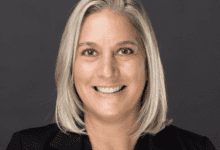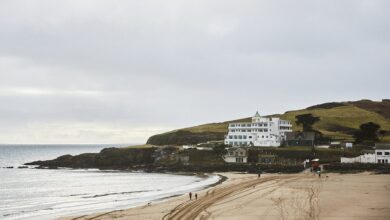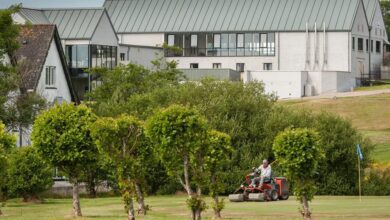‘The way we were’, and other trends to lift the spirits
By Muriel Muirden, the CEO of The Wee Hotel Company

I am obsessed with trends. As the new year dawns, my inbox fills with guru and think tank predictions on consumer behaviour for the year ahead. I love trawling through them and seeing how our hotels can leverage market support from new or amplified tourist aspirations.
With ongoing recruitment challenges and the cost-of-living crisis nibbling away at people’s disposable income, one could take a gloomy view of 2023, but I think there are chinks of bright light for the Scottish hospitality sector.
Indeed, Wunderman Thompson predicts that joy and play are setting the tone for 2023 – sign me up! In the interest of cautious optimism, I have selected six trends that bode well for Scotland’s hospitality sector in 2023.
The way we were
In unsettled times, nostalgia comes back into vogue. As uncertainty abounds in the next 12 to 24 months, consumers are looking backwards to shape future plans. According to recent research by Booking.com, 88% of travellers across all age cohorts are pining for ‘simpler times’ and want to relive holidays of the past in destinations they may have spent cherished time in childhood. Nostalgia is about slow travel, and road trips will be big. What is a more glorious road trip than touring the Highlands in the springtime and throw in a ferry or to enjoy the splendour of islands like Islay?
The road less travelled
This is not a new trend, the bragging rights of going off the beaten track have been in evidence for some time. However, in a post-pandemic world there is stronger awareness of the need to cherish the great outdoors and to look after our health and wellbeing. A recent trend report identified that 56% of consultees will be seeking rural, off the beaten track experiences to ‘immerse themselves into the outdoors’. Another positive for Scotland, where splendid isolation abounds – particularly for those who choose to visit in our shoulder seasons.
Conscious consumerism
YouGov data shows that 46% of consumers across 43 countries like it when brands get involved with social issues, while 44% of consumers surveyed say they try to buy from socially and environmentally responsible companies. Increasingly, such integrity also supports recruitment. Young people want to work for organisations that bring a positive impact to their local communities and take environmental issues seriously.
Eco-integrity is key to success; tipping one’s cap to green issues is not enough to win disciples. As an example of what you could do to help with this, we have set up Green Teams within each of our properties. They will guide us on what community and environmental initiatives we should spend time, money and energy on. At The Pierhouse, they are working with the Appin Community Development Trust on their ‘winter wellness’ programme, providing a ‘warm space’ for the community to meet, socialise and stay cosy. At The Three Chimneys the team are sourcing a bottle crusher that turns glass to fine grain sand that can be safely scattered on the nearby beach, rather than drive across the island to the recycling centre.
Sleep obsession
In 2017, futurists Stylus declared that ‘sleep is the new black’. In December 2022, Conde Nast Traveller declared “Sleep Tourism” as a trend to watch, with multiple venues and hospitality brands declaring their credentials for a good night’s sleep. Our obsession with sleep has consequently evolved into a $550bn (£458bn) business comprising products, services and applications connected to sleeping. It has spawned multiple best-selling books and multiple sleep labs, sleep workshops and sleep schools.
Matecations
According to EasyJet, 72% of British travellers surveyed say they would prefer to travel with friends, rather than their partner, suggesting ‘matecation’ is a trend to watch in 2023. Shared passions, be it food, golf, hiking or wild water swimming, can anchor a fun break with friends.
Cool is the new hot
During the UK heatwave of summer 2022, Promote Shetland tweeted it was ‘officially the coolest place in the UK’! A genius marketing coup, as folk sweltered on the tube. Climate change is already impacting the tourism sector and influencing destination planning. If cool is the new hot, then Scotland has much to offer – early spring in the Highlands and Islands is the best season to explore – dry, crisp, sunny and cool – perfect!
So let us look beyond gloomy headlines to what our customers want, as well as our future staff. Fun and positive experiences are our business, and in Scotland we do it so well.









